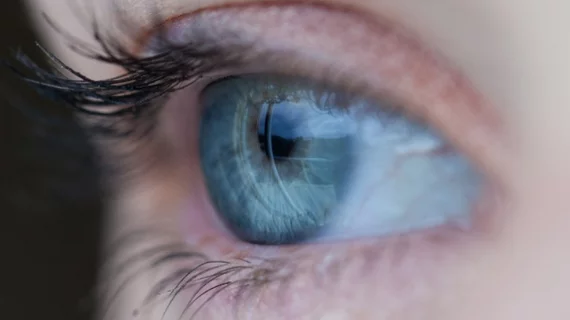Google, Verily’s diabetes machine learning algorithm gets clinical testing
As the number of diabetes cases continues to rise in India, Google and Verily, the life sciences research organization under Alphabet, have a solution to better screen for the disease and associated eye diseases.
Their machine learning algorithm is being used in the clinical setting for the first time at the Aravind Eye Hospital in Madurai, India, the companies announced Feb. 25. The algorithm is being integrated into the hospital’s diabetes screening process and is designed to screen for diabetic retinopathy and diabetic macular edema.
After a patient is imaged by trained staff using a fundus camera, the image is uploaded to the screening algorithm through management software. The algorithm then analyzes the images for the diabetic eye diseases before returning the results.
Google and Verily believe the algorithm could be useful in areas where there aren’t a lot of eye doctors to screen for diabetic eye diseases. According to a blog post, there’s a shortage of about 100,000 eye doctors in India. Additionally, only 6 million out of the 72 million people with diabetes are screened for diabetic eye diseases, leaving many people to go undiagnosed and untreated.
In the post, R. Usha Kim, DO, DNB, chief medical officer and chief of retina services at the Aravind Eye Hospital, said the algorithm allows “physicians like me have more time to work closely with patients on treatment and management of their disease, while increasing the volume of screenings we can perform."
Last month, a report by The Wall Street Journal revealed a Google AI tool was having trouble reading images while being tested at the same hospital. In the report, Kim stated when the tool “gets a good image, it can identify early signs of the condition that doctors may have missed.”
Several AI-driven approaches have recently been successful in detecting diabetic retinopathy with high accuracy. An AI-based grading system was able to successfully diagnose two patients with the disease. Additionally, an AI-driven approach for detecting an early sign of diabetic retinopathy achieved an accuracy rate of more than 98 percent.
Verily has received a CE mark for the machine learning algorithm, and the software has met the European Union Directive’s standards for medical devices, according to the blog post.

